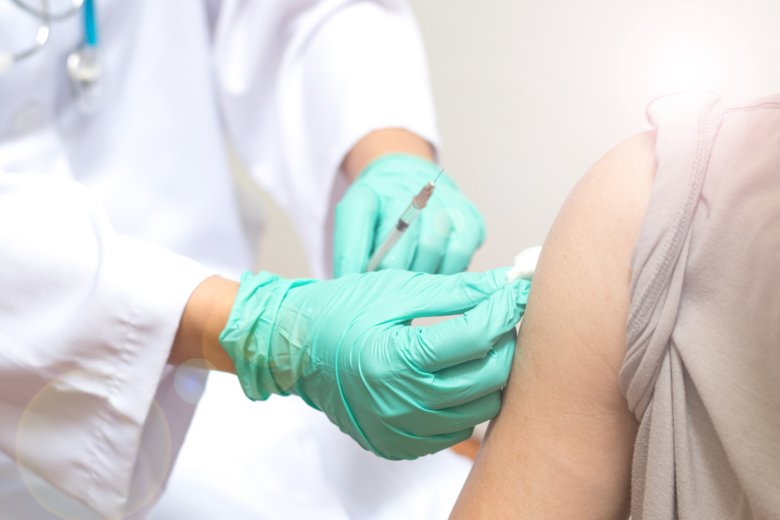How the immune system responds to vaccination
Karin Loré, Professor of Vaccination Immunology specialising in Innate Immunity at the Department of Medicine, Solna, studies how the immune system responds to vaccination and how protective responses to infectious diseases are established. In particular, she focuses on how immune-stimulating substances – vaccine adjuvants – can induce stronger responses which is important for the development of vaccines to infections like hiv/aids and malaria.

Vaccines for smallpox, polio, diphtheria, measles, rubella and tetanus represent some of the greatest medical advances, with many millions of lives saved. However, details on how the body develops immunity to vaccines are still largely unknown. Karin Loré’s research activities are focused to change this.
“Infectious diseases such as hiv/aids, malaria and tuberculosis still claim millions of lives every year,” she says. “It’s clear that we need a much better understanding of the immune mechanisms that dictate vaccine responses to be able to develop such vaccines.”
Different kinds of adjuvants
Professor Loré’s research group is particularly interested in different kinds of adjuvants, which are substances added to vaccines to reinforce the immune reaction. A major part of their research is to analyse the efficacy of newly developed adjuvants and how they affect the immune system – something that is still not understood. With better adjuvants, there is not only potential to develop improved vaccines to challenging infections but also prospects of using lower vaccine antigen doses, fewer immunizations and reach sufficient protection in people with weakened immune systems.
One part of Professor Loré’s research focuses on the dendritic cells, which play a critical part in how the immune system responds to vaccination and control the cells that establish the immunological memory.
“The dendritic cells direct the work of the immune system,” she explains. “If we can learn more about how they can be manipulated with different adjuvants, we’ll be in a better position to develop effective vaccines.”
Text: Anders Nilsson, first published in the booklet From Cell to Society 2015. Translation: Neil Betteridge.
View a video
 Photo: Gettyimages
Photo: GettyimagesSpotlight on Vaccine Research
Vaccines have saved lives for more than 200 years, but the research area continues to evolve with new discoveries, providing more effective and safer vaccines. The COVID-19 pandemic has given vaccine research a real boost.
